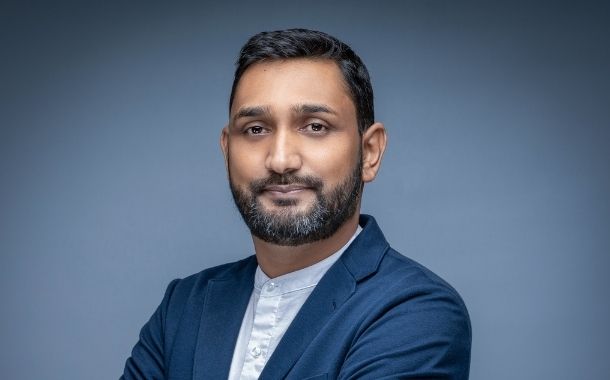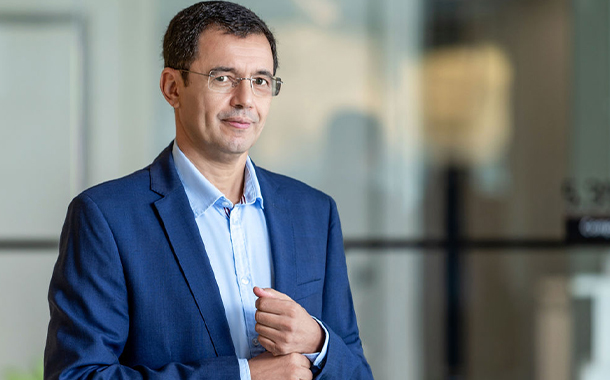The adoption of remote working in most industries, digital-first customer experiences, no-contact delivery systems, and asynchronous online education means that enabling technologies such as cloud, AI, and data analytics are pivotal and provide end-users greater flexibility in managing their tasks.
As part of their overall digital strategy, enterprises can see commercial advantages in digital technologies such as AI guided security management or cloud-based security monitoring platforms or the addition of analytics which improve the protection of assets and the infrastructure.
CISOs need to adapt the management of enterprise security using these platforms and prepare themselves against cyber threats and attacks.
Malicious actors have evolved in the past year with the onset of remote working and threat vectors have transformed substantially due to COVID-19.
A recent poll, conducted by global consulting firm Protiviti, found that more than half of business leaders worldwide admitted that the cybersecurity risk profile has changed significantly post COVID-19.
There has been a rise in malware attacks targeting remote workforces and mobile users since the pandemic began as per a recent Deloitte study. Apart from cybersecurity threats such as data breaches, malware and phishing attacks, the past year has seen a significant rise is ransomware attacks in enterprises.
As companies forge ahead with digital transformation, it is also important for CISOs to achieve a balance between agility and risk management. CISOs should strengthen their enterprise security policies and plan for threats that will focus on the remote activities of end-users.
For instance, social engineering attacks on remote workers will continue to increase in the next few years, due to the ease and low cost of launching these attacks.
CISOs thus need to implement security policies that will keep them on top of security vulnerabilities and educate staff, deploy security platforms, and update systems.
While digital transformation remains crucial, CIOs and CISOs should be prepared for all possible disruptions by threat actors. Today’s multi-device, cloud environment requires a more robust cybersecurity strategy.
Organisations should thus invest in securing the end-users’ devices and educating the staff, mainly when they are connecting to the enterprise network. CISOs also need to deploy cloud-based security monitoring platforms for their end-users.
Moreover, the adoption of AI guided security management platforms can assist with the burden of monitoring vast amount of data and traffic. AI-powered intrusion detection systems and intrusion prevention systems can scrutinise traffic with improved accuracy, hence, decreasing the number of false alarm incidents.
GUIDELINES FOR CISOs
- CISOs should achieve a balance between agility and risk management.
- CISOs should strengthen enterprise security policies and plan for threats that will focus on remote activities of end-users.
- CISOs need to implement security policies that will keep them on top of security vulnerabilities, educate staff, deploy security platforms, and update systems.
- CIOs and CISOs should be prepared for all possible disruptions by threat actors.
- Social engineering attacks on remote workers will continue to increase in the next few years.
- Today’s multi-device, cloud environment requires a more robust cybersecurity strategy.
- More than half of business leaders worldwide admitted that the cybersecurity risk profile has changed significantly post COVID-19.
- The past year has seen a significant rise is ransomware attacks in enterprises.
Organisations should invest in securing devices, educate staff, when connecting to the network, and deploy cloud-based security monitoring platforms.




















